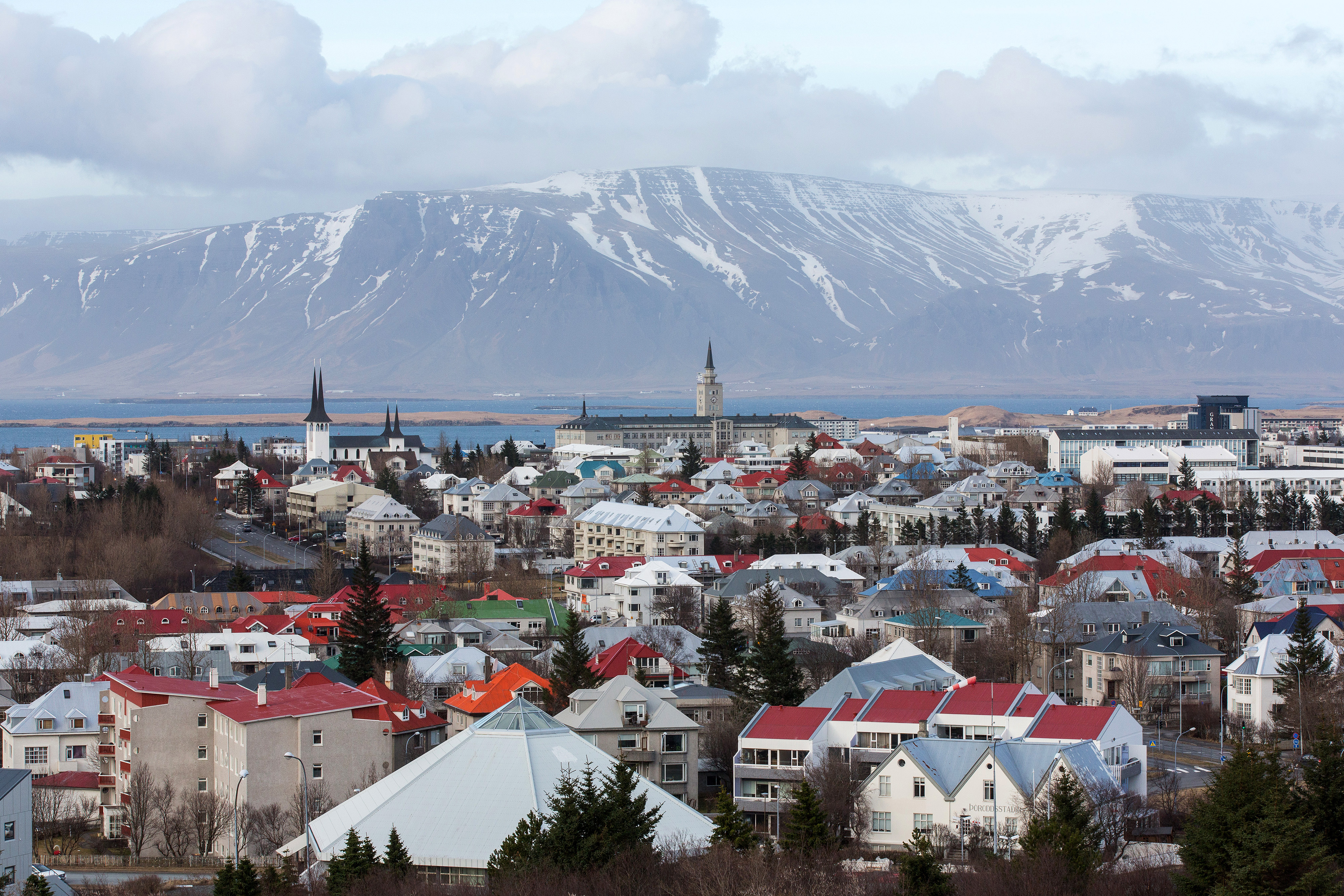Iceland’s Pirate Party seeks alliances for systemic change
Having surged in the polls by riding the anti-establishment wave, Iceland’s Pirate Party is now preparing to commandeer the government.
The direct democracy movement has dispatched emissaries to explore possible alliances with the country’s more traditional opposition parties ahead of parliamentary elections.

With surveys suggesting the ruling conservative coalition will find it hard to retain a majority, the prospect of a radically new political landscape emerging from the Oct. 29 vote can’t be dismissed.
“We want to work with parties that are willing to take on the systemic changes we think are important,” Smari McCarthy, a spokesman for the Pirate Party, said in an interview in Reykjavik last week.
[Iceland’s Pirates head for power on wave of public anger]
Whether it’s promoting transparency through a new constitution, pushing for a referendum to shape the country’s relationship with the EU or deciding how to redistribute the profits from the island’s vast natural resources, the stakes couldn’t be higher.
Iceland’s election campaign also suggests economic success is no guarantee of electoral success. The two parties that form the government are struggling despite a booming economy fueled by record tourism arrivals and a major improvement in the reputation of the country’s financial sector.
The rise of Icelandic populism finds its roots in the financial crisis of 2008, when its three main bank collapsed under a mountain of debt, ushering in an era of capital controls. But it has accelerated following revelations in the Panama Papers that the country’s former premier, Sigmundur David Gunnlaugsson, held investments in offshore accounts along with his wife.
Gunnlaugsson was forced to resign, becoming the most high profile political casualty of the leak and forcing the government to call a snap election six months ahead of schedule. His Progressive Party is now polling at less than 9 percent, down from 24.4 percent in the latest election.
Icelandic voters that had already grown tired of the established order have since pledged support to groups like the Pirates, much like similar resentment toward the status quo has spurred the rise of Donald Trump in the U.S., the left-wing Podemos in Spain or the Five Star Movement of Italian comedian Beppe Grillo.
Once considered fringe material, Pirate policies such as the decriminalization of drugs are now being taken seriously by other opposition parties, particularly on the left of the political divide.
“We’ve been able to unite behind many different things” while working together in opposition, said Sigridur Ingibjorg Ingadottir, an economist and leading candidate for the Social Democratic Alliance. “My dream government would consist of the current opposition parties,” she said, hinting at a possible post-election deal with the Pirates.
The Left Greens, who are polling at about 19 percent — just under the Pirates’ 20.7 percent backing — are also open to a deal. We’ll cooperate with any party that’s prepared to “work toward social equality and justice in our society, as well as toward environmental and climate protection,” said Svandis Svavarsdottir, the party’s parliamentary whip.
Both the Pirates and the Greens fiercely oppose the conservative Independence Party, which has been ruling the country with the Progressive Party since the 2013 election.
Two other opposition parties that back changes to Iceland’s constitution and are sympathetic to the Pirates’ calls for an EU referendum are Bright Future and Revival. The north Atlantic nation applied for membership back in 2009, but the outgoing government scrapped the bid, leaving Iceland as a member of the European Economic Area.
Voters rooting for a Pirate government are also being promised more free health care, a crackdown on corruption and more taxes for multinationals like Rio Tinto and Alcoa.
According to Eirikur Bergmann, a political science professor at Bifrost University, the rise of the Pirates and the emergence of new parties such as Revival, an offshoot of the Independence Party, make predicting the election’s outcome a daunting task.
“Although the economy has recovered well since 2008,” Bergmann said, “there’s still a lot of disbelief in politicians in Iceland, which makes it harder to say how things will turn out.”